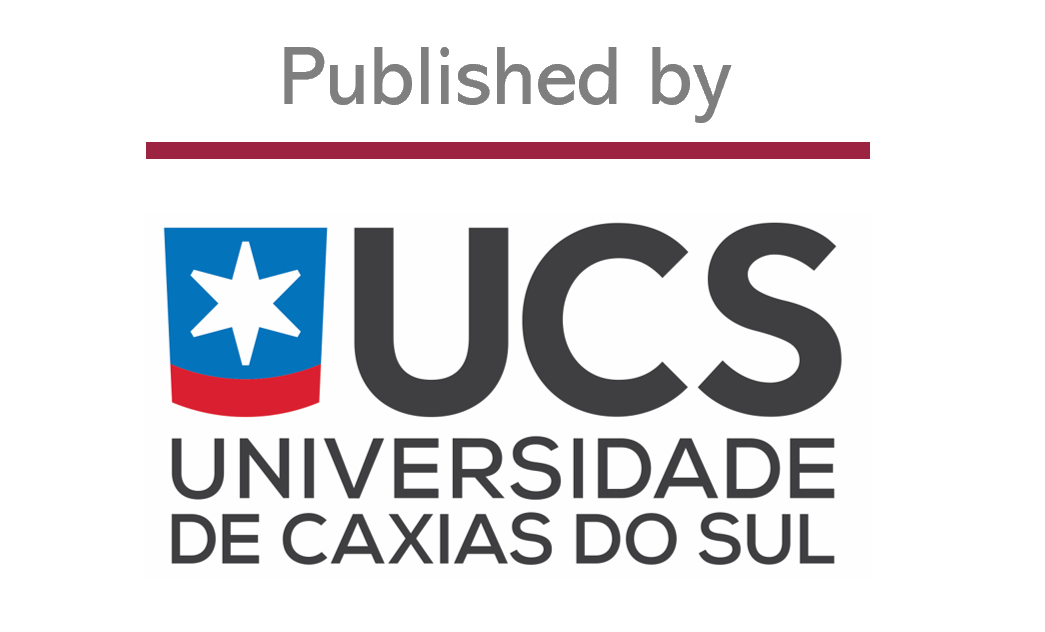Development of an evaporative cooler system applied to the air conditioning of urban buses
DOI:
https://doi.org/10.18226/23185279.v8iss1p46Keywords:
Evaporative cooler, Air-conditioning, City bus, Thermal comfort, Saturation efficiencyAbstract
Air conditioning for buses is an important incentive tool for the public transport, since it offers comfort to passengers and stimulates the use of this kind of transport which is fundamental to improve urban mobility. Currently, air conditioning equipment for buses is the mechanical vapor compression (MVC) type. However, this kind of system has two main disadvantages: the high financial cost and power consumption by the vehicle engine. The purpose of this study is to develop an evaporative cooler for buses, which is a simple, environmental friendly, low-cost solution that does not use engine power for its operation. The first step was the design and construction of the prototype. The following step was to evaluate the built prototype through performing experimental tests. The prototype presented a saturation efficiency of approximately 70%, airflow rate of 421.5 m³/h and energy consumption of 98.4 W. After determining the prototype technical characteristics, the evaporative cooling system was developed for an urban bus, seeking to meet the air renewal required by ANSI/ASHRAE standard 62.1 and to promote the passenger’s thermal comfort as specified by ISO 7730 and ANSI/ASHRAE Standard 55. The thermal comfort provided by the new cooling system was evaluated through the PMV-PPD indexes. A value of 0.35 was obtained for the PMV index and the PPD index obtained a value of 7, indicating that approximately 93% of the passengers will be satisfied regarding their thermal comfort for the established environmental conditions. The evaporative cooling system had a total energy consumption of approximately 0.4 kW, which represents only 5% of the energy that would be consumed by a MVC system. Therefore, the evaporative cooling performance depends on the climatic conditions of the environment, especially humidity. However, when applied in favorable conditions (low humidity), the evaporative cooling system proved to be a viable solution to replace the MVC systems in buses air-conditioning application, where its main advantage is its positive cost-benefit and energy savings.









